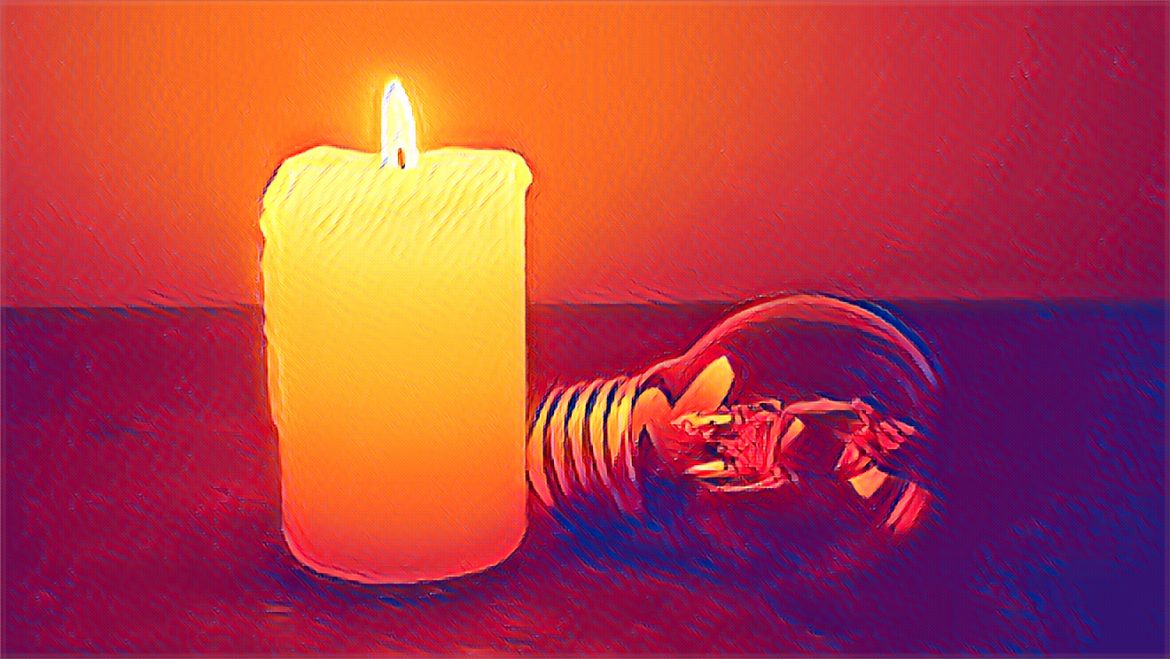Ghana’s Volta River Authority (VRA), the state-owned power company, has refuted accusations that its electricity export practices are contributing to recent power outages in the country. The rebuttal comes in response to claims made by the Independent Power Generators Ghana (IPGG), an industry group representing private power producers.
VRA Prioritizes Domestic Needs, Emphasizes Regulatory Oversight
In a press release, the VRA firmly denied allegations that it prioritizes electricity exports to neighboring countries over meeting Ghana’s domestic power demands. The statement clarified the VRA’s long-standing commitment to supplying Ghanaians with reliable and affordable electricity, a practice dating back to 1972.
The VRA also highlighted the role of the Electricity Market Oversight Panel (EMOP) in overseeing the distribution of power generated from its Akosombo and Kpong hydroelectric stations. This oversight structure, according to the VRA, ensures that electricity allocation prioritizes the Ghanaian market, aligning with government strategies for optimal long-term use of the nation’s hydro resources.
Independent Power Producers Call for Focus on Domestic Needs
The IPGG, however, maintains that the VRA’s export practices are detrimental to Ghana’s energy security. Dr. Elikplim Kwabla Apetorgbor, CEO of IPGG, acknowledges the potential benefits of electricity exports in reducing idle power generation capacity. However, he emphasizes the importance of adhering to legal frameworks that prioritize domestic needs.
Dr. Apetorgbor stressed that regulations mandate ensuring sufficient electricity for Ghana while maintaining a reserve margin. He criticized the VRA for allegedly exporting affordable hydro-generated power to neighboring Burkina Faso, Togo, and Benin, while Ghanaians grapple with power outages and the high costs of thermal power generation.
Seeking a Collaborative Path Forward
The VRA’s response underscores its commitment to fulfilling its primary responsibility: providing Ghanaians with reliable and affordable electricity. The Authority operates within a regulatory framework overseen by the EMOP, ensuring a balance between domestic needs and export opportunities.
However, the concerns raised by the IPGG highlight the need for ongoing dialogue and collaboration between stakeholders in Ghana’s energy sector. Finding a sustainable solution that balances export opportunities with the need for a stable domestic power supply will be crucial for Ghana’s continued economic development.
Source: Graphic Online





1 comment
I don’t think the title of your article matches the content lol. Just kidding, mainly because I had some doubts after reading the article.